Home / Resources & Services / Community Engagement and Team Science
Community Engagement and Team Science
Frontiers offers bidirectional education for investigators and patients, and community members to learn about one another for optimal participatory research as well as training in best engagement practices. Investigators can get guidance on developing a patient or community advisory board, survey design, translating materials, working with communities to disseminate research, and connecting with the community with the help of health and social service agencies. For additional information or to request a consultation, please click on Contact Us and fill out the consultation request.
MARG (Multi-disciplinary Advocates & Research Group)
The MARG (Multidisciplinary Advocates and Research Group) works specifically to foster community engagement projects. Attendees are a mix of community-engaged researchers and community member advocates. This group meets monthly to host presentations that intentionally focus on the relationship of researchers with external partners to implement translational research. Meet and Greets with community & external partners happen quarterly to establish/strengthen relationships with community partners.
If you are interesting in learning more about the MARG please contact Cherayla Haynes.
Collaboration and Multidisciplinary Team Science
Research shows that teams that include members from different scientific disciplines have greater productivity and scientific impact. Our goal is to enhance both the formation and functioning of multidisciplinary collaborations to accelerate impactful translational research.
We work to assess the Team Science needs of our community of scientists and provide targeted initiatives and resources to address those needs. Our current resources include: (1) Team Science Workshops, addressing competencies such as building genuine relationships, team communication, collaborative problem-solving and creativity, team leadership and management; and (2) Collaboration Planning, facilitated sessions designed to help teams work through a variety of practical issues to help prevent future conflict (see below).
Collaboration Planning Service
What is Collaboration Planning?
- An initial 90-minute facilitated session for research teams (especially pilot teams) to strategize how to effectively work together and proactively address common sources of team conflict, including authorship, communication, and project management.
- Optional follow-up sessions as frequent as every 6 months to reassess and improve the team’s plans for successful collaboration
Originally designed by team science experts at the NIH and NSF drawing upon decades of research on teams and collaboration, a collaboration plan may be useful to:
- establish strong team processes from the project’s beginning, which has been shown to result in improved scientific outcomes
- create a template for a multi-PI plan
- address team-science-specific review criteria in future grant applications
- build leadership and collaboration skills in research staff and early-stage investigators
Collaboration Planning was originally designed for translational, cross-disciplinary, pilot research teams to help them launch projects quickly and efficiently and make the most of a short-term pilot award. However, it is suitable for research teams of almost any kind, including well-established teams that want to learn to work better together or teams with community partners.
Here is a link for a short (7-minute) video explaining collaboration planning and its potential benefits to you and your team.
What will happen during Collaboration Planning? In the initial 90-minute session, Drew Fox, Ph.D., Frontiers Team Science Navigator, will lead your team through a guided exercise, culminating in a 1-2 page Collaboration Plan.
The guided exercise covers 7 domains of Team Science:
- Team Vision
Example Q: What is the overarching research question or problem you’d like to answer/solve with this particular project?
- People, Roles, & Responsibilities
Example Q: Who is on this team and what skill set do they contribute to achieving your team’s shared goals for this project?
- Team Outputs
Example Q: What will your authorship or attribution policies be?
- Team Culture
Example Q: What are some of your team norms and expectations?
- Team Processes & Team Functioning
Example Q: How can your team assess if it is functioning well?
- Project Management & Infrastructure
Example Q: How often will your team meet and by what modality (in-person, Zoom, MS Teams, WebEx, phone)?
- Implementation & Maintenance of the Collaboration Plan
Example Q: How can you build in reflection time at each milestone to assess your team processes and your alignment with the Collaboration Plan?
Click here to view the full worksheet.
To request a Collaboration Planning Session for your team, please fill out our Intake Form.
If you have any questions or would like further discussion about whether Collaboration Planning is right for your research team, please email Team Science Navigator Drew Fox (dtfox@cmh.edu).
Community Engagement and Team Science Contacts
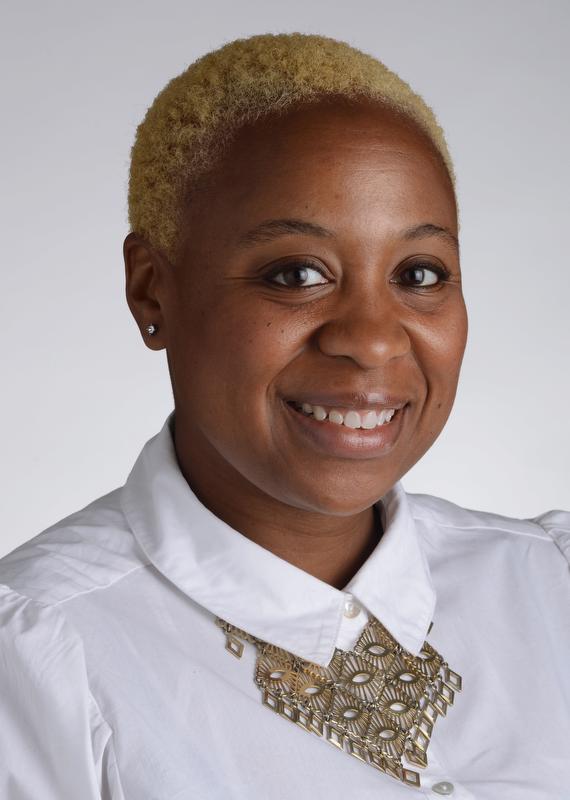
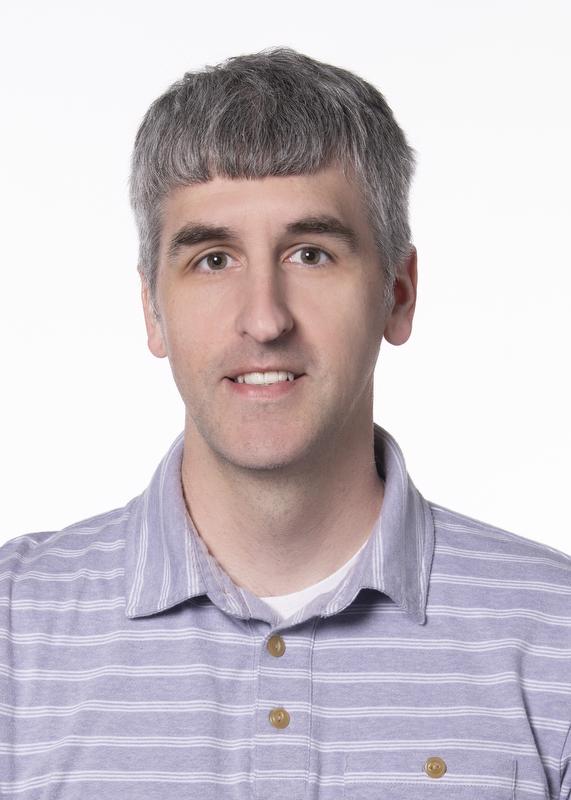
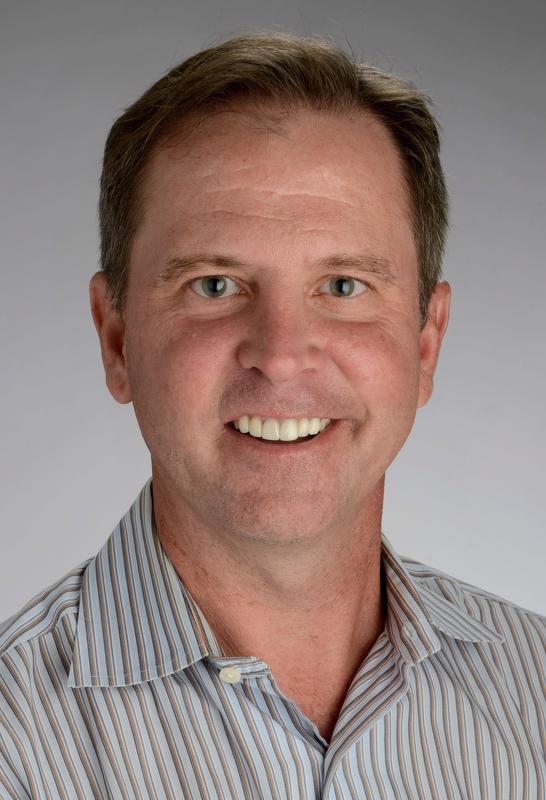
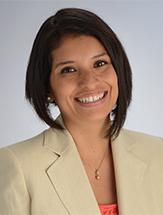
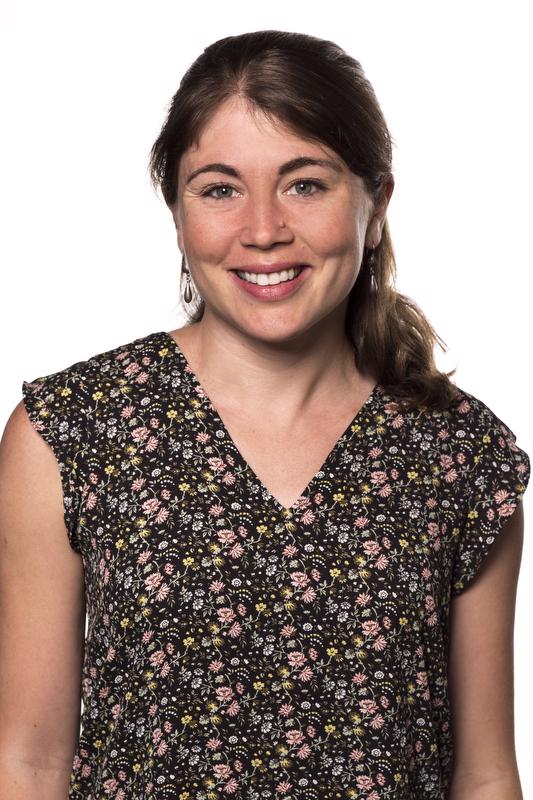
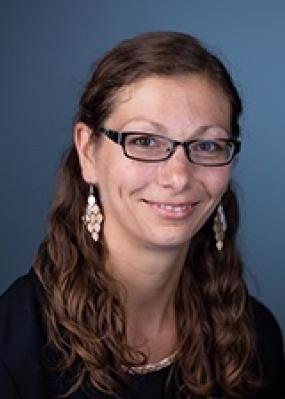
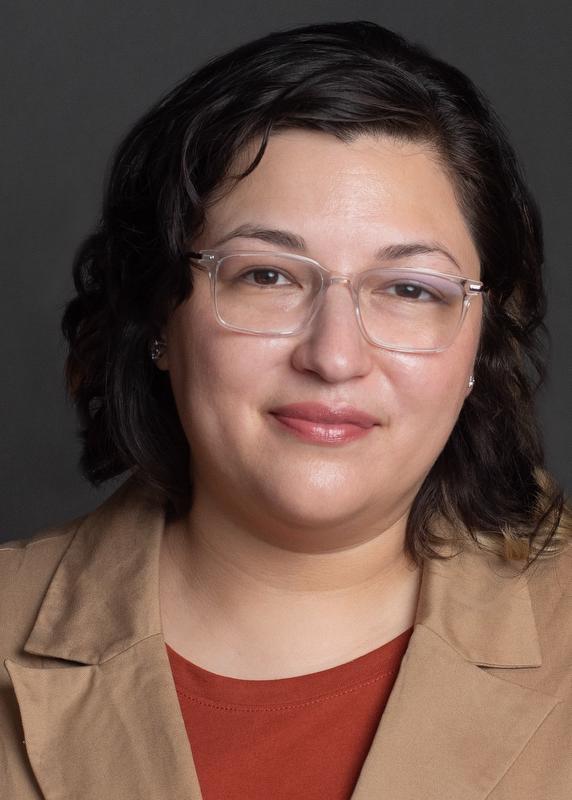
Interested in Learning More?
One of our Navigators would be happy to assist you in learning more about their respective areas by contacting us below.
